
-
 Anglický jazyk
Anglický jazyk
State- and Nation-Building in Poland
Autor: Inga von der Stein
Essay from the year 2013 in the subject Politics - International Politics - Region: Eastern Europe, grade: 9, Maastricht University, language: English, abstract: "Saisonstaat" (seasonal state) - this was the pejorative name Prussian historians labelled Poland... Viac o knihe
Na objednávku, dodanie 2-4 týždne
14.76 €
bežná cena: 16.40 €
O knihe
Essay from the year 2013 in the subject Politics - International Politics - Region: Eastern Europe, grade: 9, Maastricht University, language: English, abstract: "Saisonstaat" (seasonal state) - this was the pejorative name Prussian historians labelled Poland with in the 18th century (Davies, 2005, pp. 24, 324). They did so in the face of the partitions of Poland, which resulted in Poland completely vanishing off the map (Davies, 2005, p. 386).
But why was Poland seen merely as an instrument for Prussia and Russia in striving for hegemony? (Biskupski, 2000, p. 22) This question is difficult to answer and already gives a hint to the complexity of the process of state- and nation-building in Poland, which deviates in many aspects from the Western European countries.
To provide a foundation for the concepts that this paper is based on, one needs to define the terms of both nation and state. According to Smith, a nation is more than only an ethnic group but a cultural- political community, living in an area of settlement and sharing a common heritage, culture and law (Smith, 1995, p. 57). The concept of a state applied derives from Roberts. To him, a state is characterized by "the presence of supreme authority, ruling over a defined territory, who is recognized as having power to make decisions in matters of government [...]" (Roberts, 1979, p. 32).
Taking these definitions into consideration, this paper is divided into four sections, relating each of the different stages in the state- and nation-building process to one season of the year. This paper firstly examines the economic "spring" of Poland, the Piast dynasty, thereafter attention is laid on the Jagiellonian period, Poland's "summer", which is linked to the personal union of Poland and Lithuania. In the next section I analyze the "fall" of the Poland, which is characterized by the consolidation of the Nobility's supremacy and the economic decay of the country. This is leading up to the last section of this paper, as well as the partitions which killed the Polish state, yet the nation was becoming more alive than ever.
My aim is to show that the state- and nation-building process of Poland was not destined to become "a country only for a season" as claimed by Prussian historians, though following a unique way, a nation state might have been successful by the beginning of the 19th century if it had not felt victim to the will of territorial expansion by its neighboring empires (Weinberg, 1996, page. 42).
To that end, several lines of a poem named "Sezony" (seasons) written by an anonymous Polish Poet form the frame.
- Vydavateľstvo: GRIN Verlag
- Rok vydania: 2014
- Formát: Paperback
- Rozmer: 210 x 148 mm
- Jazyk: Anglický jazyk
- ISBN: 9783656590149

 Ruský jazyk
Ruský jazyk 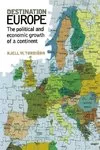


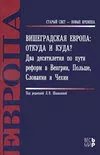
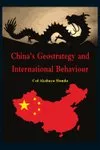
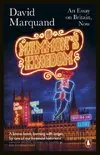
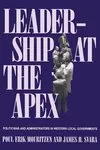
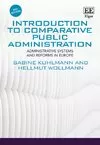


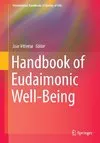

 Nemecký jazyk
Nemecký jazyk